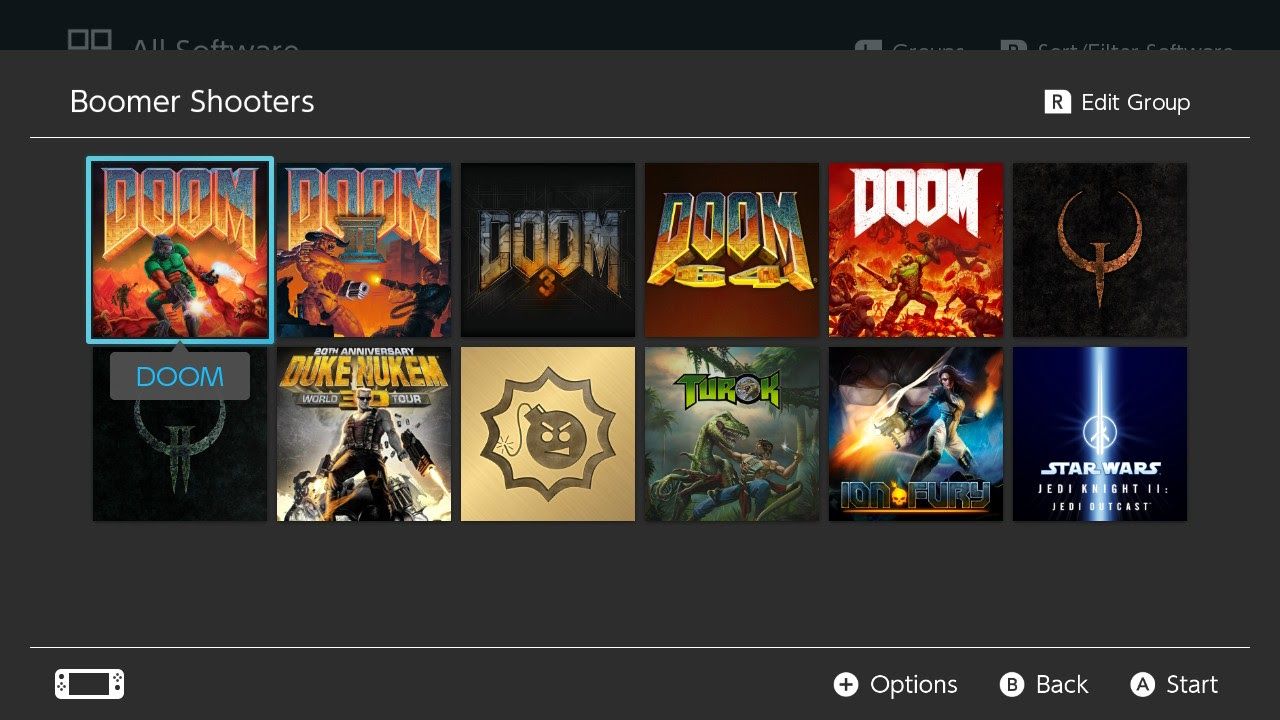
Exploring the Evolution: The Disappearance of Episodic Gaming

Exploring the Evolution: The Disappearance of Episodic Gaming
Key Takeaways
- Episodic games promised frequent releases and lower prices, but the front-loaded development process made it hard to sustain financially.
- Modern games are more expensive and take longer to develop, leading to less risk-taking in the industry.
- While true episodic development didn’t transform the industry, elements of it can be seen in practices like Early Access and live service games.
For a brief moment in the mid 2000s video game development was on a different path—episodic. Smaller, chopped up game releases that meant more frequent releases and lower prices. It never really took off, so why did the episodic model fail to launch?
Episodic Games Promised to Save Gaming
I clearly remember the excitement when games like Half-Life Episode 1 came onto the gaming industry’s radar. Gaming magazines at the time frequently had articles on how the episodic approach to game development would change everything. This excitement was paired with the slow and steady rise of digital distribution, which really got its first big push with the release of Half-Life 2 and the Steam client that would go on to dominate PC gaming digital distribution.
With episodic game development, we would see the end of long development cycles before getting new games. Instead of one large game being released every few years, you’d get a new episode every few months. You wouldn’t have to pay the full amount for a game, but just a bit for each episode. If you don’t want to play more of the game, you could stop at any time.
Episodic game development would be the thing that solved the pain points of AAA game development, or a smart low-risk approach for smaller studios to get some content out there and earning money, allowing them to complete the rest of the game.
The Episodic Method Is Hard!
This all sounds great, until you really start to think about the details of game development. Even if you’re going to release games in chunks over time, the actual game development process is extremely front-loaded. Think about everything that has to be in place before you can produce the first episode. Your game engine , technology, main assets, writing, and so on, all have to be done before the first episode ships. Sure, that means subsequent episodes are faster and cheaper to produce, but if the bulk of the development costs and work are happening before the first episode ships, that raises questions about the point of the whole approach.
Setting that aside, writing a narrative that works in an episodic format is a different challenge than writing one cohesive story, or designing a cohesive game experience. In a regular game you may have some variety, but if you try doing that in an episodic format, then you’ll end up with episodes that are all sewer level .
I can’t even imagine the logistics of assigning work to different people or creating multiple teams who can work on different parts of different episodes, and if we look at how episodic games repeatedly missed their episode release dates, neither could many developers. By the way, when’s Half-Life 2: Episode 3 coming out?
Modern Games Take Longer to Develop Than Ever

Rockstar
Today, all the stuff that episodic game development was meant to solve has come to pass. Games are more expensive than ever to make. They take longer and longer to develop, and the risk levels involved are so high, few publishers and developers are willing to take risks on innovation.
This might be why, in my opinion at least, all the interesting stuff is happening in the Indie and “double A” categories. Where development cycles are still of reasonable length, and there isn’t a mountain of money at stake. At the high-end of the budgetary scale however, I don’t think there’s any turning back save perhaps for some sort of market bubble bursting for AAA games.
Maybe Episodic Games Never Made Sense

Episodic game development is one of those things that sounds good on paper, but in practice isn’t too practical. A few companies have made it work, such as Telltale Games, though what they produced wasn’t strictly traditional games but rather interactive fiction. Which lends itself to the episodic model, especially if you never really change your tools or game engine.
It’s not as if the idea was totally new either. During the Shareware era we also saw the sale of “episodes” in games, but this worked well (ironically) when game development cycles could be measured in months, and a development team might consist of ten people.
Many of the purported advantages of episodic development have also been taken on by other game industry practices. For example, Early Access games allow developers to get an influx of money during development, helping get the game to its completed state. Likewise, modern downloadable content that adds extra story segments to existing games are essentially mini episodes tacked on to make more money after a game has supposedly been completed.
Finally, live service games keep players paying and engaging ad infinitum. So, ultimately, although true episodic development never really transformed the games industry as promised, some of what it was meant to achieve may have happened after all.
Also read:
- [New] Delicious Dynamos YouTubers for Your Food Journey for 2024
- [Updated] In 2024, Dismantle That Dominating Green Distortion in Mac-Based Videos
- Experts' Take on the Urban Armor Black/Rainbow Sequin Protective Gear for Your MacBook: Sturdy Meets Chic
- Ideal App Selection Top 10 Tools for Instagram Reel Excellence
- In 2024, 4 Ways to Transfer Music from Samsung Galaxy A54 5G to iPhone | Dr.fone
- In-Depth Assessment: The Best Google Wireless Nest Doorbell on Batteries
- Laptop & Web Navigating Live Video Communication in WhatsApp for 2024
- Mastering On-the-Go Device Management With Portable Driver Easy
- Poco M6 Pro 4G Bootloop Problem, How to Fix it Without Data Loss | Dr.fone
- Portable, Ultimate Battery Revival Kits for Cars, 2024
- Samsung Galaxy Tab S6 Explored: Delving Into Its Signature Attributes Such as S Pen Compatibility and DeX Mode
- Student Sweet Deals: Mastering the Process of Earning a Microsoft Store Discount Scholarship
- Title: Exploring the Evolution: The Disappearance of Episodic Gaming
- Author: Eric
- Created at : 2024-11-17 21:23:10
- Updated at : 2024-11-24 23:27:31
- Link: https://buynow-reviews.techidaily.com/exploring-the-evolution-the-disappearance-of-episodic-gaming/
- License: This work is licensed under CC BY-NC-SA 4.0.